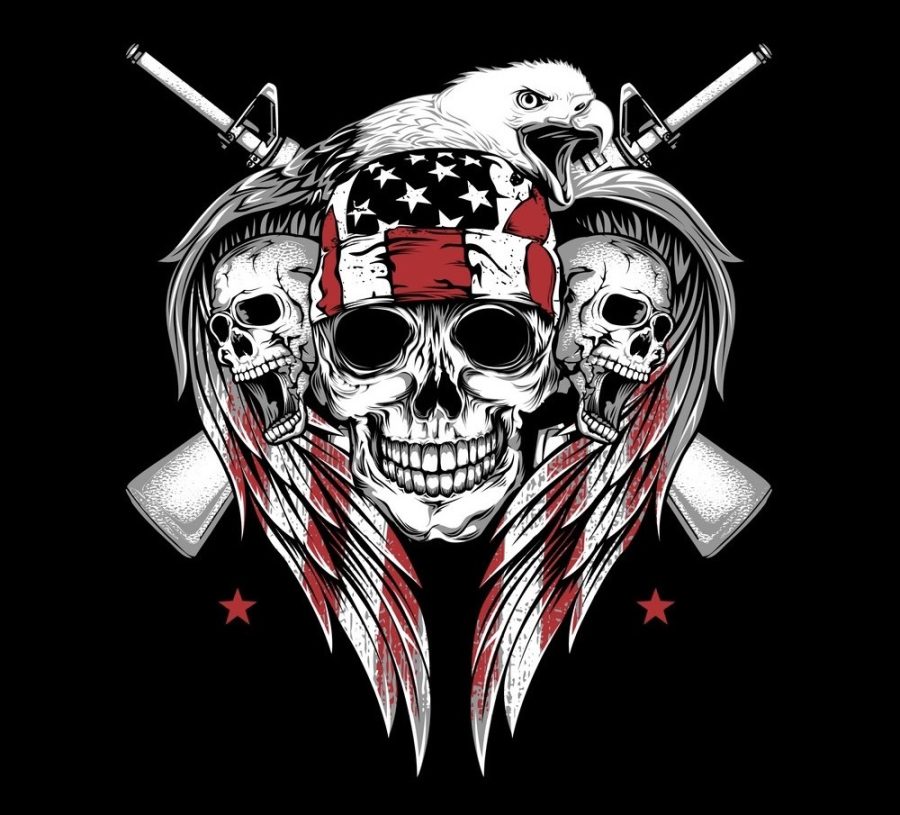via VectorStock
Rurality, Virtue Signaling, and a Fervent Defense of Country Music: An Unrelated Analysis
April 12, 2023
I’m a bit tired of hearing people say, “I love all music…well, except country”, especially because I was at one time one of these people. But what’s with this disavowal of country anyway? What about country music could be so offensive, particularly to younger liberal urban folks? Of course, it’s not wrong to have musical preferences, but this appears to me to be a trend that goes beyond a simple matter of taste, and I have a few theories why.
First, it seems to me that in the 21st century, pop-country music has become increasingly associated with far-right ideologies. While the music itself may not contain particularly controversial lyrics, there are certainly hints that this genre of music may be a place for such beliefs (take Morgan Wallen’s controversies, for example), and it seems fairly widely accepted by liberals and conservatives alike that this is the case. So, is the disavowal of country music largely connected to politics, a statement of virtue signaling that, “I don’t like that music, so I also don’t like those beliefs”? I think to an extent it is, but I also feel that there are more complex factors at work when it comes to country music and why it appeals (or doesn’t) in the first place.
Country music, or rather modern pop-country, has a few fundamental tensions at its core. First, country music originated as a way for disenfranchised people to express themselves and is itself a combination of various styles including folk, blues, roots, spirituals, and rock music. What’s interesting is that modern pop-country stars continue to espouse a working-class ethos; while many of these artists did indeed come from humble beginnings, the way country has become a hugely profitable business to labels and stars undermines the core of a genre that was in its origins quite radical, often even anti-capitalist. The second major tension is that country’s roots lie in music created by communities of color. Historically Black music was hugely influential to country music, yet the vast majority of current country stars are white. Women, too, were hugely instrumental to the origins of the genre, and while there are many notable female country stars, there seems to be a theme of traditional gender roles, and even sexism, in the content of the male-dominated genre.
More general pop music certainly shares some of the same issues of appropriation, but what distinguishes it is that it doesn’t have as much of a historical connection to strictly working-class issues, meaning that it feels less inauthentic when it is made to be enjoyed uncritically (and to be very profitable). The fact that country music was once (and still is to some extent) a more radically political genre, I believe, makes pop-country feel inauthentic and even cynically profit-motivated now that it has only held onto the skeleton of these ideologies.
That said, pop-country music is only the tip of the country iceberg. I myself used to be under the impression that pop-country was really country itself, so I can hardly blame others for thinking the same. But when I was exposed to traditional country and indie country, I realized what an expansive and important genre I was missing out on. There is a good deal of modern country that feels authentic: sticking to country’s radical roots based in lived experience, artists like Brandon Jenkins, Swamp Dogg, Yola, and Leyla McCalla continue to complicate the idea that rural America is only White and conservative. Many country artists are innovators in their own right: take the country funk collections, fantastic looks into an unlikely but incredibly compelling mash of genres. It’s also very worth listening to classic country, bluegrass, and folk music to understand the foundations of such a culturally significant genre.
I think I understand now why it’s common nowadays to hear liberal urbanites express a distaste for country given the tensions that persist in pop-country music. That said, I think it is narrow-minded to reduce such a large genre to only its pop sub-category, especially when that genre has so much history and truly great music. I personally found it worthwhile to give country music a chance, and I hope to spread my appreciation for the genre as widely as I can.

